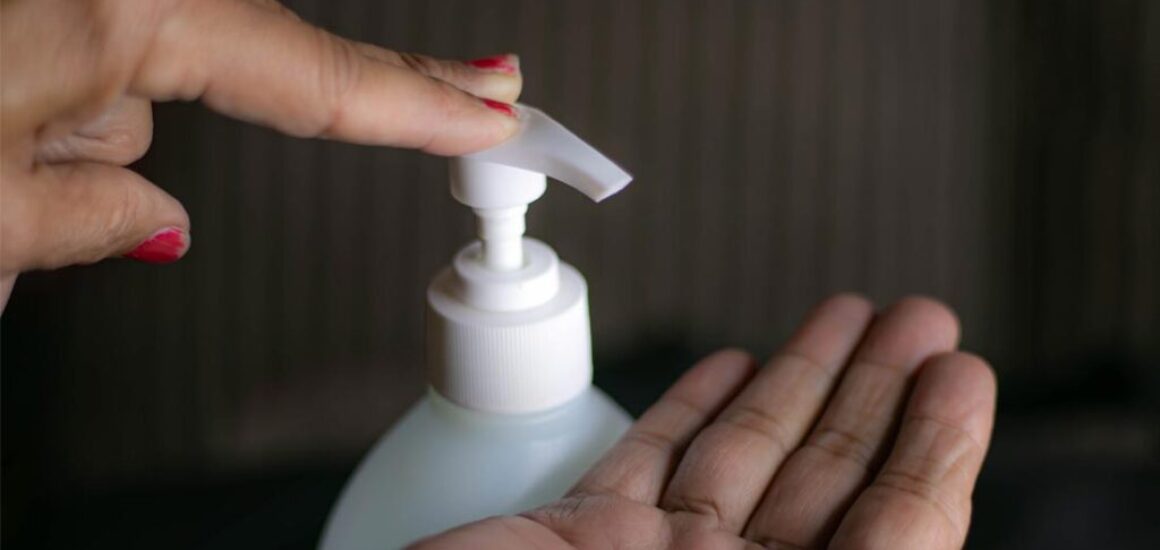Blog
Three Things You Shouldn’t Use Hand Sanitizers For
One of the things that has become second nature during the time of the COVID-19 pandemic is the use of hand sanitizer on a daily basis. The CDC has guidelines for everything related to hand sanitizers that everyone should take a look at. The bottom line is hand sanitizers should be used as is: for sanitizing your hands and nothing else.
Here are three things that hand sanitizers should not be used for:
- As an Anti-acne Treatment – Alcohol, the active ingredient in hand sanitizer, is not an effective remedy to treat acne. It can actually do more damage than good as it kills all bacteria (including the good bacteria) and also dries up your skin by removing its natural barrier. You should also not use hand sanitizer on pimples because of the harsh effects it can have. Your facial skin is very delicate and using ingredients with very strong effects like alcohol can create severe reactions. If you have acne breakouts, it’s best to get recommendations from your dermatologist for anti-acne treatment.
- As an Alternative to Washing Your Hands – Hand sanitizers should only be used when you’re unable to wash your hands immediately with soap and water, and should not take its place indefinitely. As mentioned above the alcohol content of hand sanitizers dries out the surface of your hand skin and can lead to rough textures. It’s good to carry a small bottle of hand sanitizer with you at all times but don’t let its usage take the place of actually washing your hands, as it is only supposed to be a temporary way to clean.
- Using Too Much Of It – Irritation is one of the telltale signs that you’re overusing hand sanitizers. That can mean reddened or itchy hands. Using too much of it can end up irritating your hands due to the excess amount of alcohol that can remain on your hands for a long amount of time. The recommended amount is coin-sized, and should be rubbed all around your hands for at least 20 seconds, then wait for it to dry.




